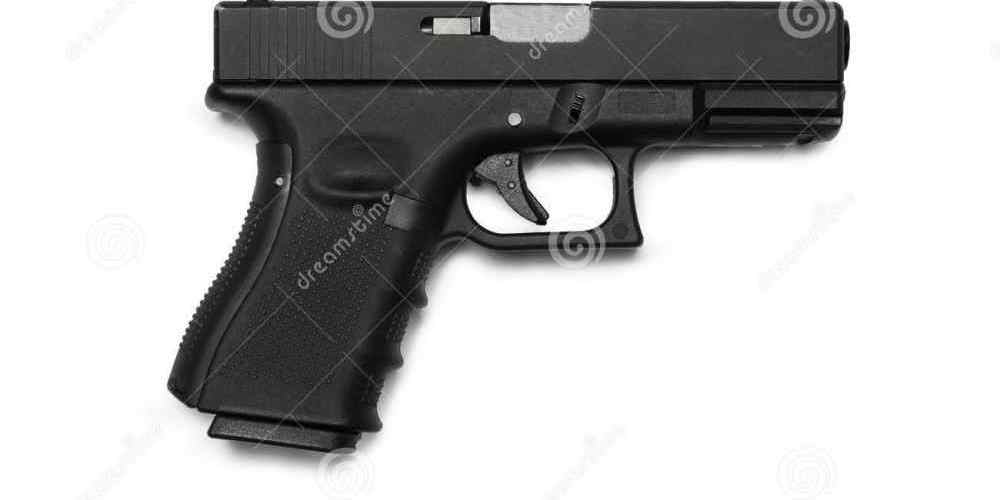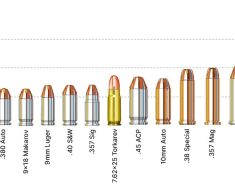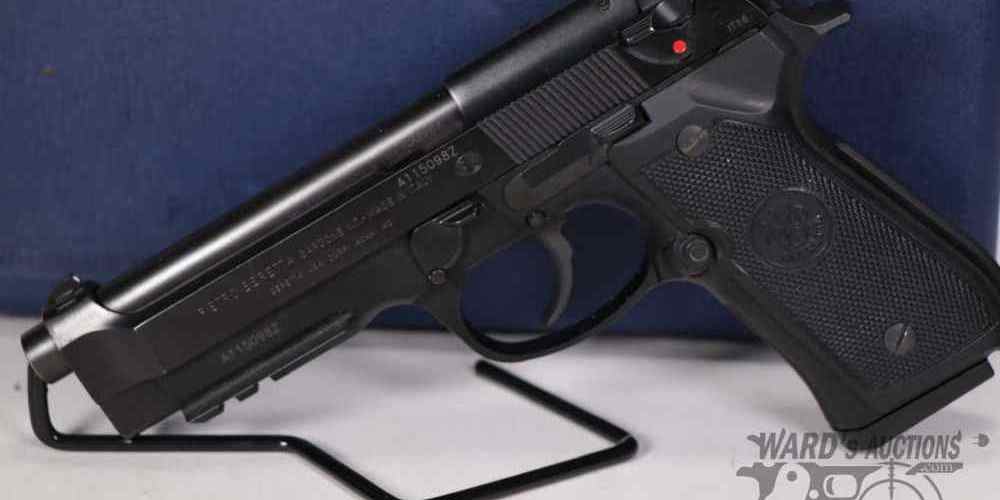The Role of Muzzle Energy in Handgun Ammo Selection
When it comes to selecting the right ammunition for your handgun, one of the key factors to consider is muzzle energy. Muzzle energy plays a crucial role in determining the performance and effectiveness of a particular round. Understanding what muzzle energy is and how it impacts the performance of a handgun can help you make informed decisions when choosing ammunition for self-defense, hunting, or target shooting.
What is Muzzle Energy?
Muzzle energy is a measure of the kinetic energy a bullet carries as it leaves the barrel of a firearm. It is calculated by taking into account the weight of the bullet and its velocity at the muzzle. The formula for calculating muzzle energy is:
Muzzle Energy = 0.5 x Bullet Weight (in grains) x Velocity2 (in feet per second) / 450240
This calculation provides a numerical value that represents the force with which the bullet will impact its target. A higher muzzle energy indicates a more powerful round that can deliver greater stopping power and penetration.
Factors Affecting Muzzle Energy
Several factors can influence the muzzle energy of a particular handgun round:
- Bullet Weight: Heavier bullets generally have higher muzzle energies compared to lighter bullets, as they carry more momentum upon impact.
- Velocity: The speed at which a bullet travels plays a significant role in determining its muzzle energy. Faster bullets typically have higher muzzle energies.
- Propellant Type: The type and amount of gunpowder used in a cartridge can affect the velocity and therefore the muzzle energy of a round.
By understanding these factors, you can better assess the performance characteristics of different types of ammunition and choose the one that best suits your needs.
Impact on Performance
The muzzle energy of a handgun round has a direct impact on its performance in terms of terminal ballistics, accuracy, and recoil:
- Terminal Ballistics: Higher muzzle energy rounds are more likely to penetrate barriers and deliver effective stopping power against threats. They can also cause greater tissue damage upon impact.
- Accuracy: Rounds with higher muzzle energies tend to be more stable in flight and less affected by external factors such as wind or gravity, resulting in improved accuracy at longer distances.
- Recoil: Higher muzzle energies often translate to increased felt recoil, which may affect shooter comfort and follow-up shot placement. It is essential to find a balance between stopping power and controllability when selecting ammunition.
Choosing the Right Ammunition
When selecting handgun ammunition based on muzzle energy, it is crucial to consider your intended use and personal preferences:

- Self-Defense: For self-defense purposes, many experts recommend using ammunition with sufficient muzzle energy to ensure reliable expansion and penetration against assailants.
- Hunting: When hunting game animals, hunters should choose rounds with high enough muzzle energy to deliver ethical kills with minimal suffering.
- Target Shooting: In target shooting competitions or practice sessions, shooters may opt for ammunition with moderate recoil and consistent accuracy for improved performance.
Ultimately, the best handgun ammunition for you will depend on your specific needs, preferences, and shooting skills. It is essential to test different types of ammunition to find what works best for your particular firearm and shooting style.
Conclusion
Muzzle energy plays a vital role in determining the performance and effectiveness of handgun ammunition. By understanding how muzzle energy is calculated and its impact on terminal ballistics, accuracy, and recoil, shooters can make informed decisions when selecting ammunition for various purposes. Consideration of factors such as bullet weight, velocity, and propellant type can help you choose rounds that best suit your needs. Whether for self-defense, hunting, or target shooting, selecting ammunition with appropriate muzzle energy is key to achieving desired results on the range or in real-world scenarios.






